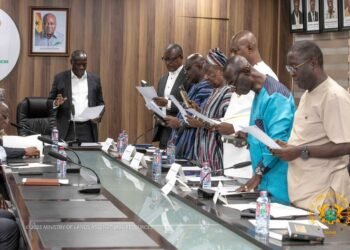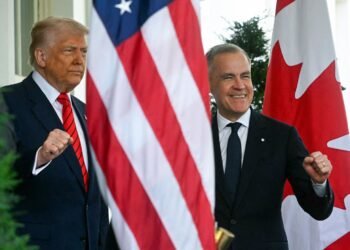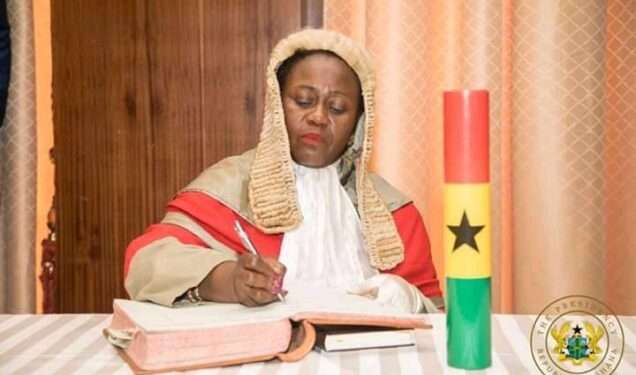The Democratic Republic of Congo is facing a deepening crisis as Rwandan-backed M23 rebels tighten their grip on vast territories in the country’s eastern region.
The top United Nations official in Congo, Bintou Keita, has sounded the alarm, warning that the armed group now controls significant portions of North Kivu and South Kivu and is threatening to push westward into the provinces of Tshopo and Maniema.
In a recent briefing to the U.N. Security Council, Keita described “the alarming situation” unfolding in eastern Congo. She highlighted the rebels’ establishment of an administration in South Kivu, as well as the installation of “a mining delegate” in North Kivu, further exposing the connection between the ongoing conflict and the illicit exploitation of the country’s mineral wealth.
Keita outlined grave human rights violations, including over 100 summary executions, widespread rape, and the forced recruitment of children into armed groups. Tens of thousands of Congolese civilians are fleeing the intensifying violence, adding to the already staggering number of displaced persons in the region. The conflict has now displaced more than seven million people, making it one of the world’s worst humanitarian disasters.
Despite international and regional mediation efforts, including a recent agreement between the presidents of Congo and Rwanda in Qatar, the ceasefire that was called for has yet to take effect. Keita urged for the immediate appointment of an African Union mediator to take charge of ceasefire negotiations and de-escalate hostilities.
M23 Rebels’ Expansion Threatens Wider Conflict
The M23 and its allies have vowed to advance westward, with the ultimate goal of reaching Kinshasa, the Congolese capital, which lies approximately 1,600 kilometers (1,000 miles) to the west. Moving into Tshopo and Maniema would mark a significant step toward this objective.

Keita, who also heads the United Nations Organization Stabilization Mission in the Democratic Republic of the Congo (MONUSCO), confirmed that professional assessments on the ground indicate these two provinces could be the rebels’ next targets.
The ongoing turmoil in eastern Congo is deeply rooted in historical tensions, tracing back to the 1994 Rwandan genocide. During this period, extremist Hutu militias massacred over 800,000 Tutsis and moderate Hutus. Following the genocide, thousands of Hutu fighters fled Rwanda into eastern Congo, setting the stage for decades of conflict.
The M23 rebel group, which consists largely of Congolese ethnic Tutsis, has a long history of insurgency in the region. In 2012, its fighters seized Goma, eastern Congo’s largest city, but later withdrew under international pressure.
During the recent U.N. Security Council meeting, Congo’s Ambassador Zénon Mukongo Ngay accused Rwanda of failing to comply with ceasefire agreements and urged international partners to hold Kigali accountable.
“Rwanda and M23 continue to respond to calls for the withdrawal of all ‘uninvited’ foreign forces from Congo with violence, with terror,” Mukongo Ngay stated. He reaffirmed his government’s commitment to resolving the conflict through African Union-backed peace efforts.
The ambassador also thanked countries that have imposed sanctions on Rwanda, including the United States, United Kingdom, Germany, Canada, and the European Union, for taking steps to address the crisis. However, with the situation worsening, international pressure is mounting for stronger intervention to prevent further bloodshed.
In response, Rwandan Foreign Minister Olivier Nduhungirehe declined to confirm the presence of Rwandan troops in Congo. However, he stated that Rwanda’s “defensive measures” would remain in place until a credible security framework is established to ensure long-term stability along the border.
As tensions escalate, the international community faces increasing calls to take decisive action before the crisis spirals further out of control.
READ ALSO: Young People Advised to Prioritize Smart Thinking for Financial Success




















